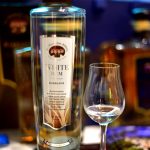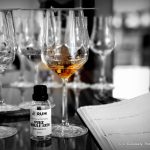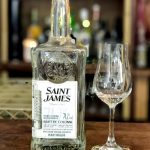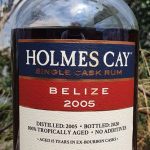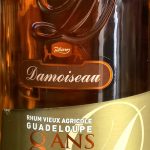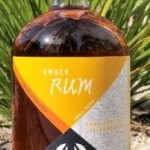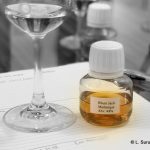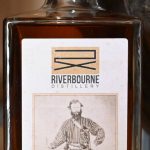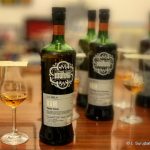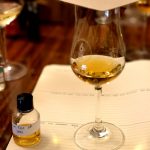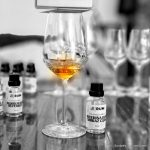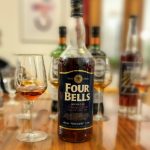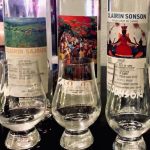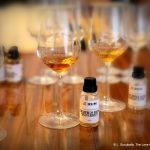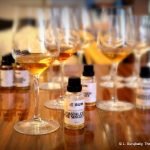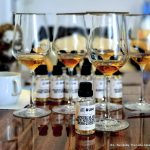
It’s been a few years since I last looked at Beenleigh’s Inner Circle rum from Australia, and while that iteration from around 2004 was the same strength as this one — 57.2% — there are several differences between it and the current version. For one, it is no longer named “Overproof” but “Navy Strength” (incorrectly, in my view, but maybe that’s just semantics), and uses molasses from three separate sugarcane regions along the east coast of Australia to produce its own distillate from Beenleigh’s column and pot stills, while back in the day it was (supposedly) pot still distillate from [Click here for the full review…]
